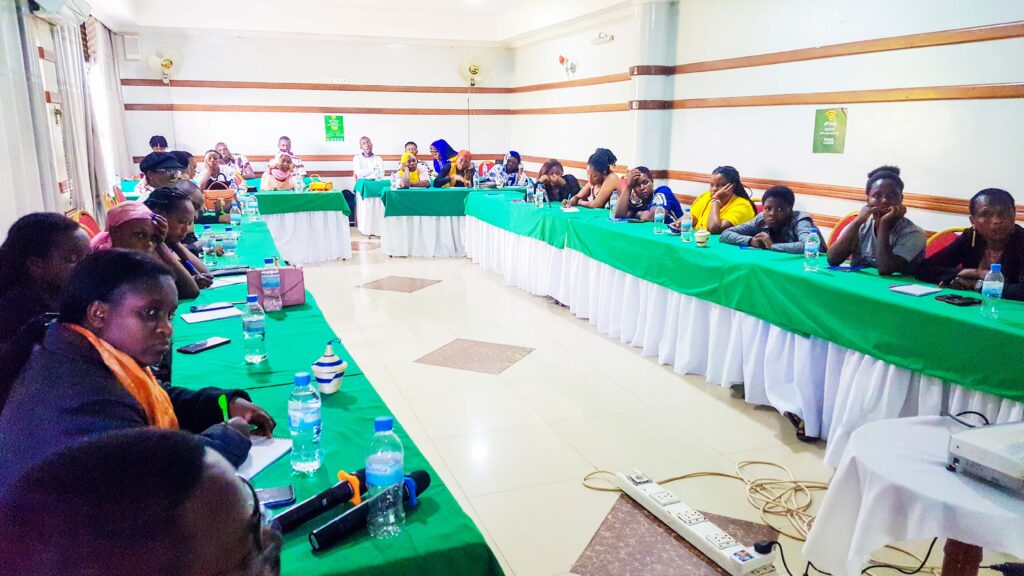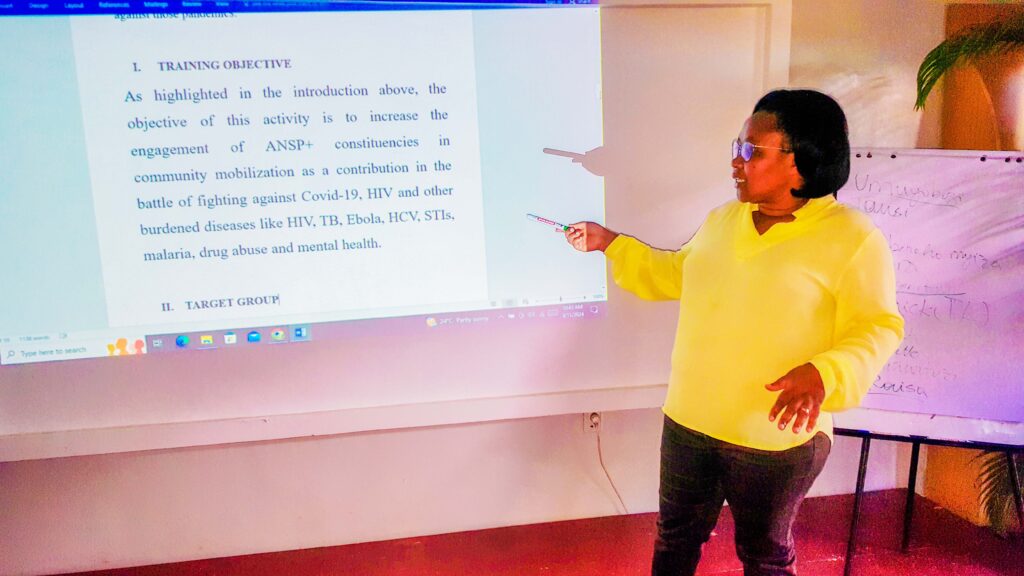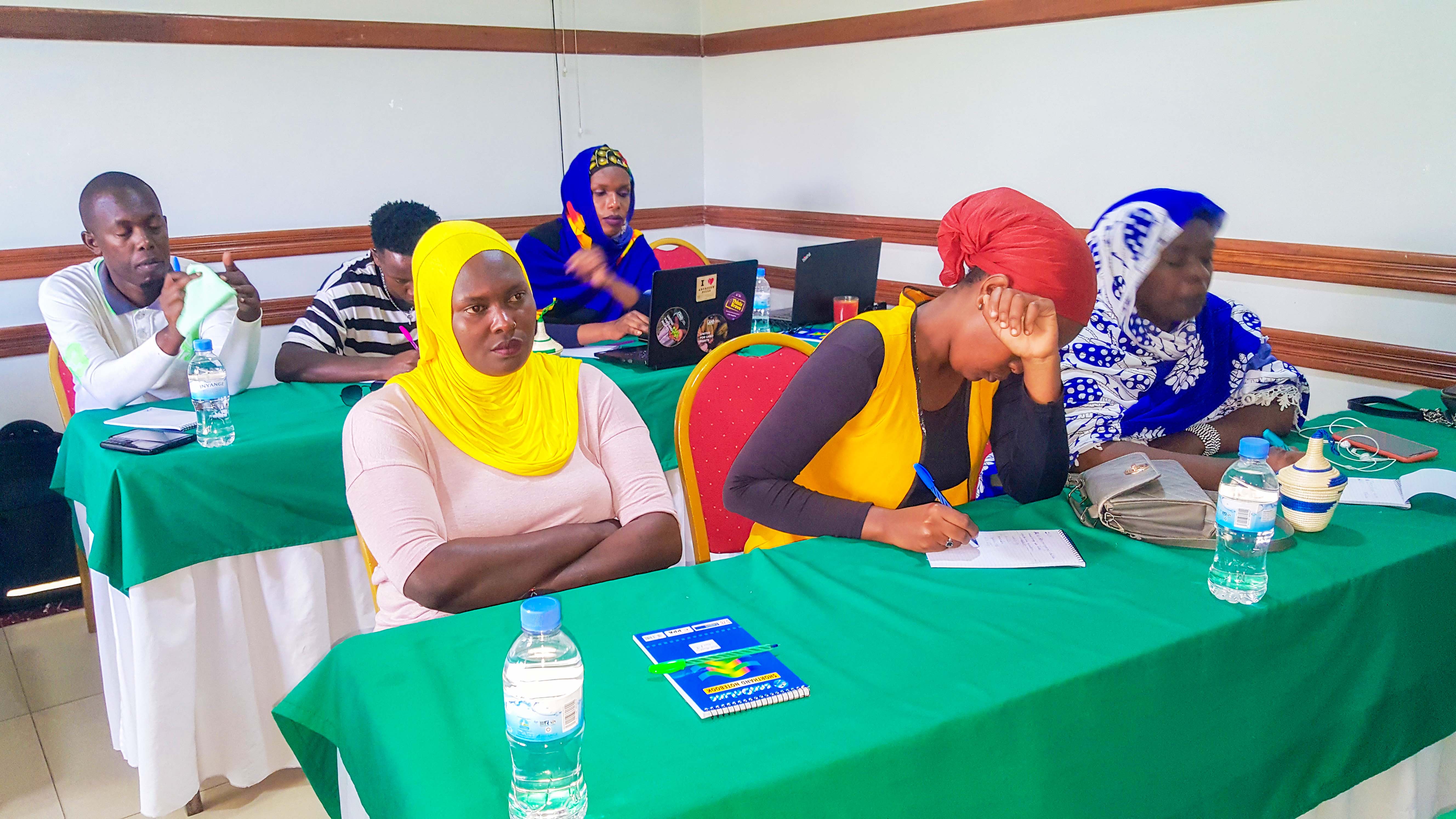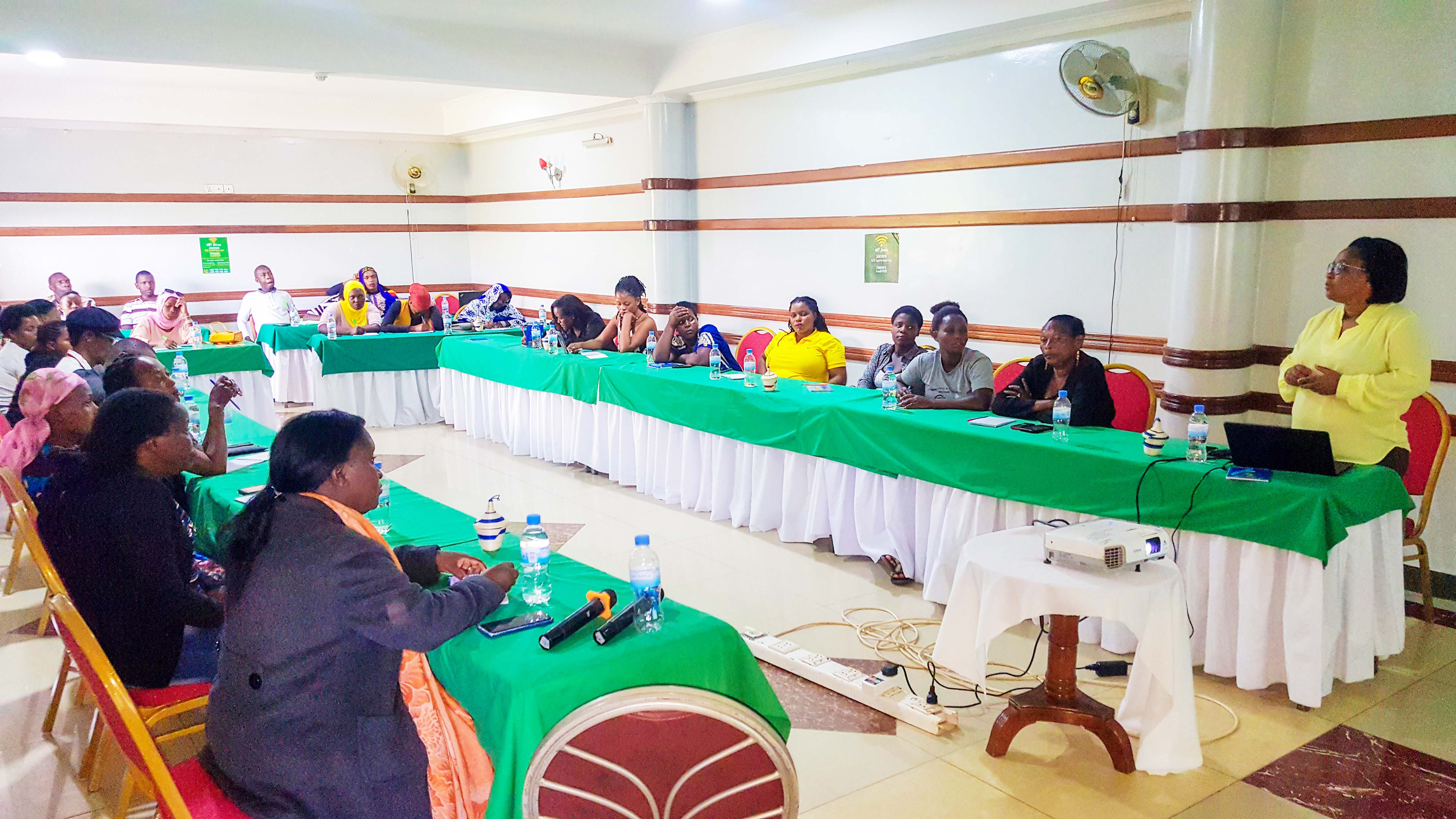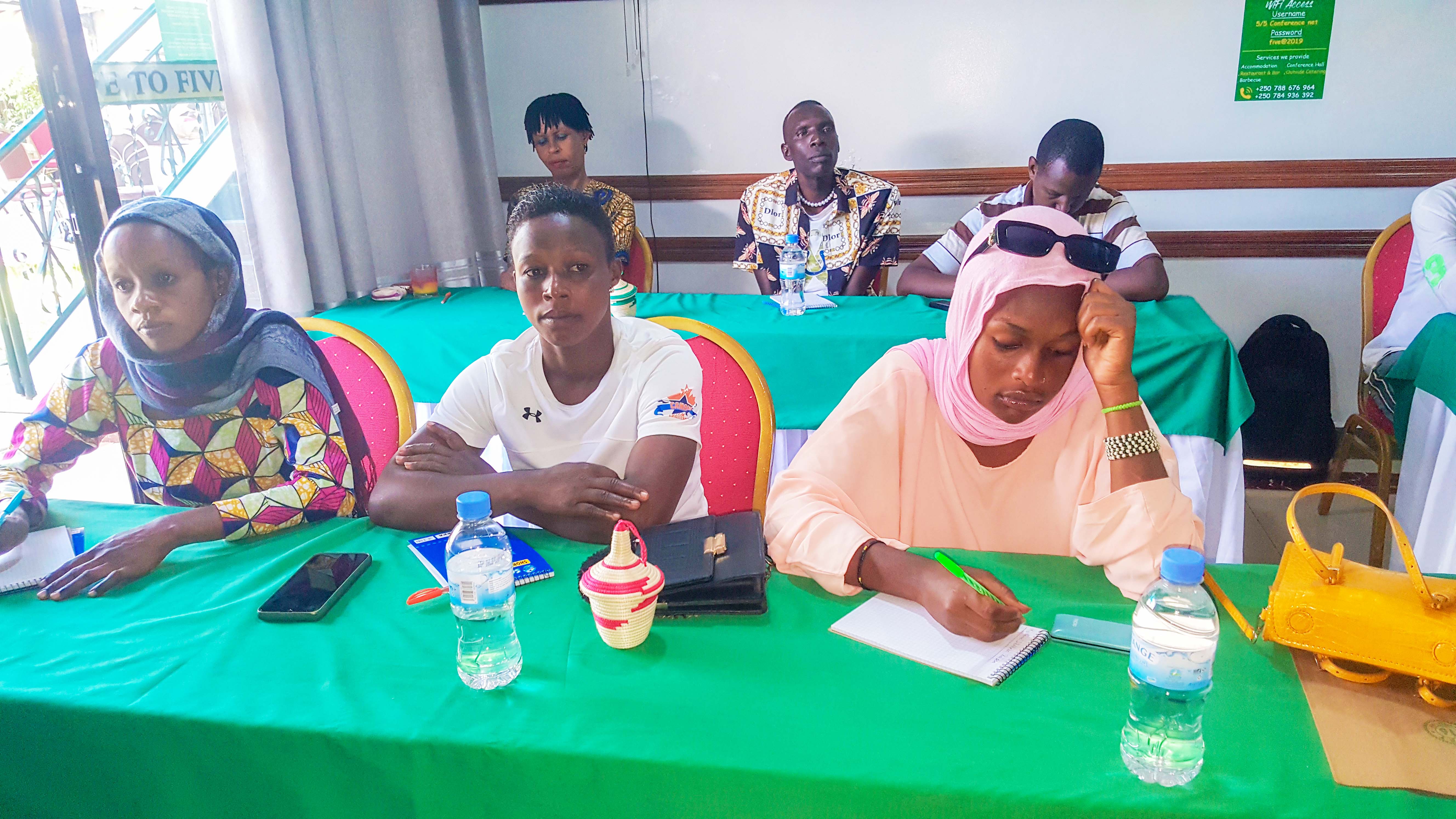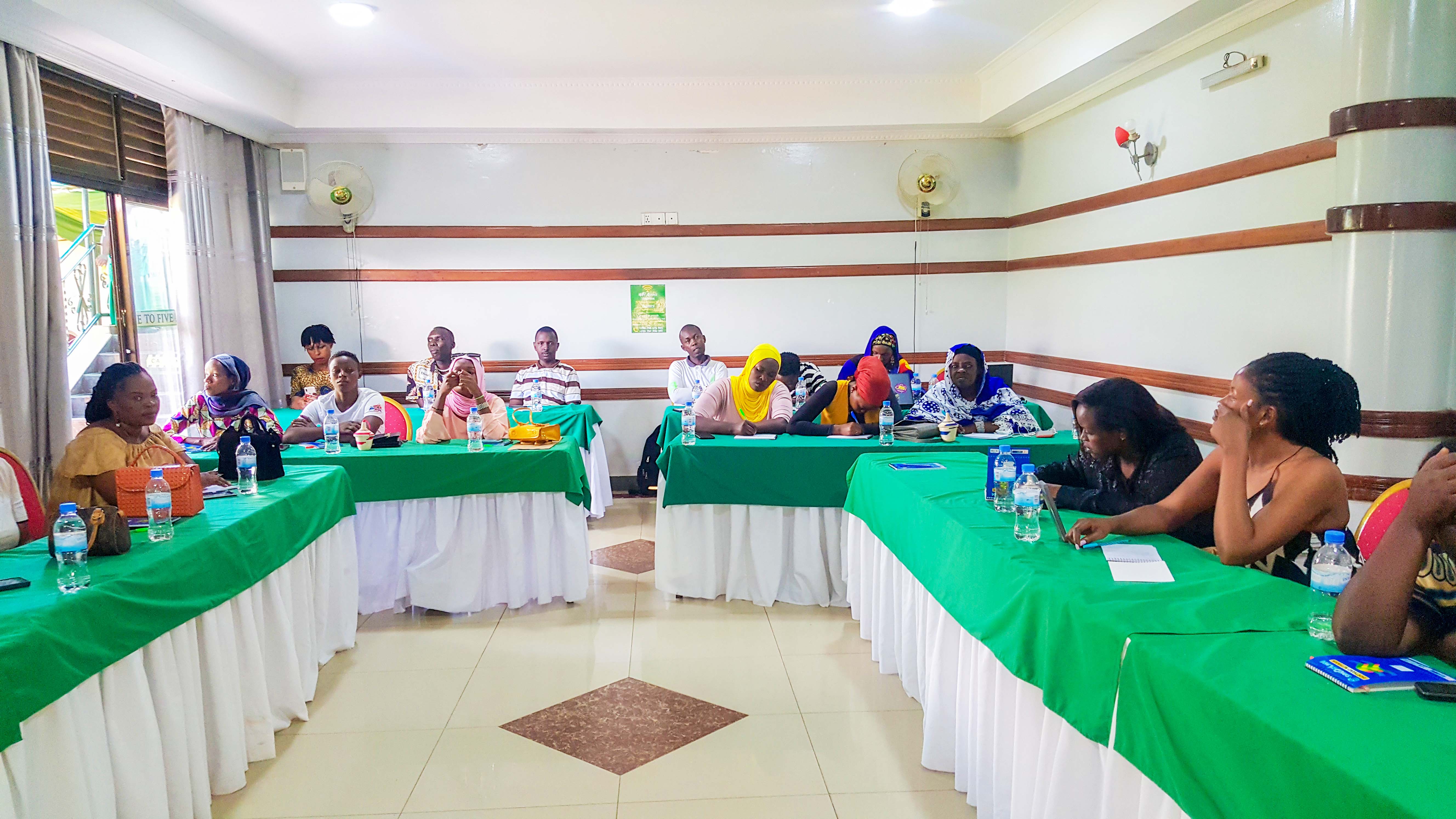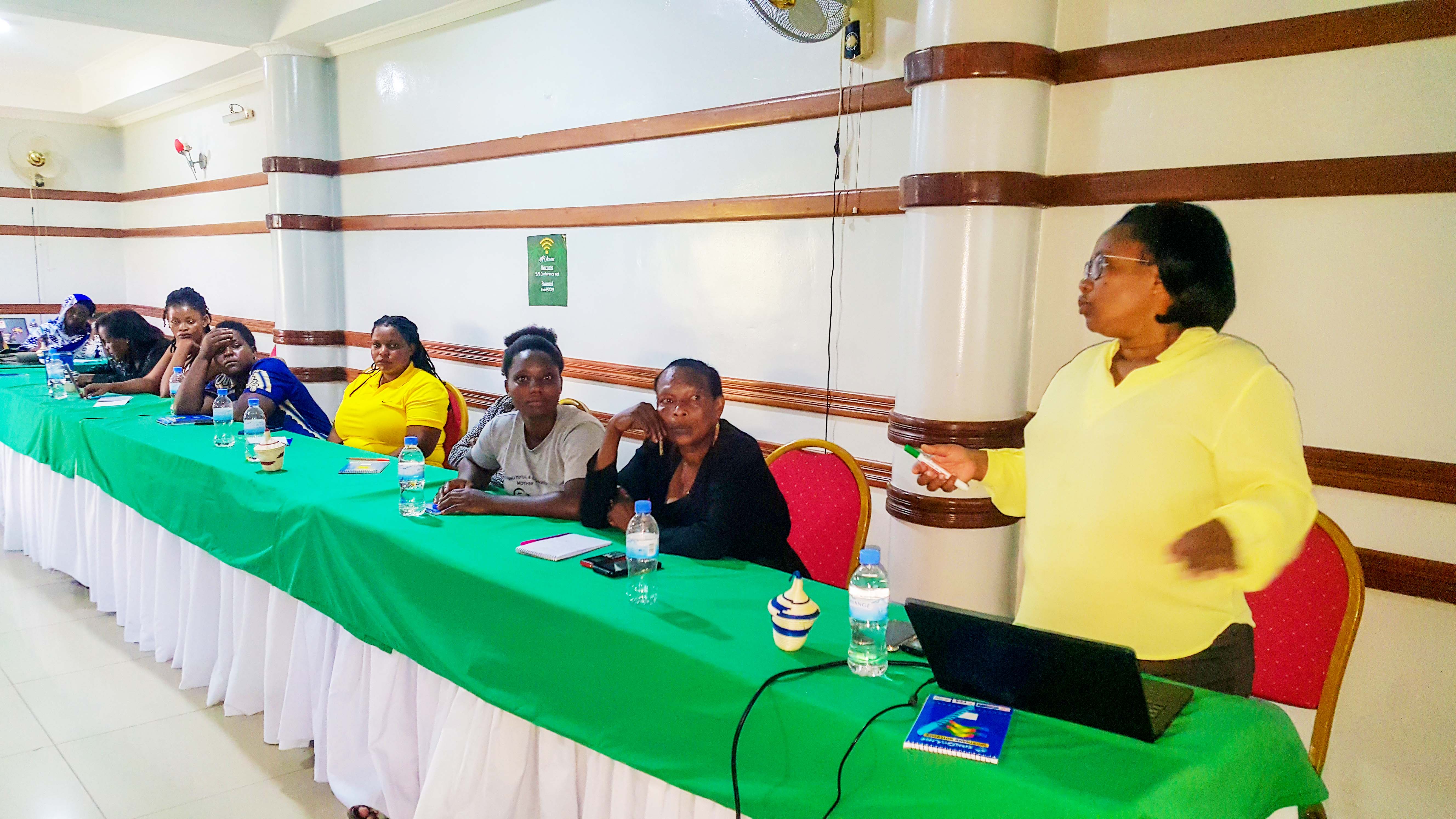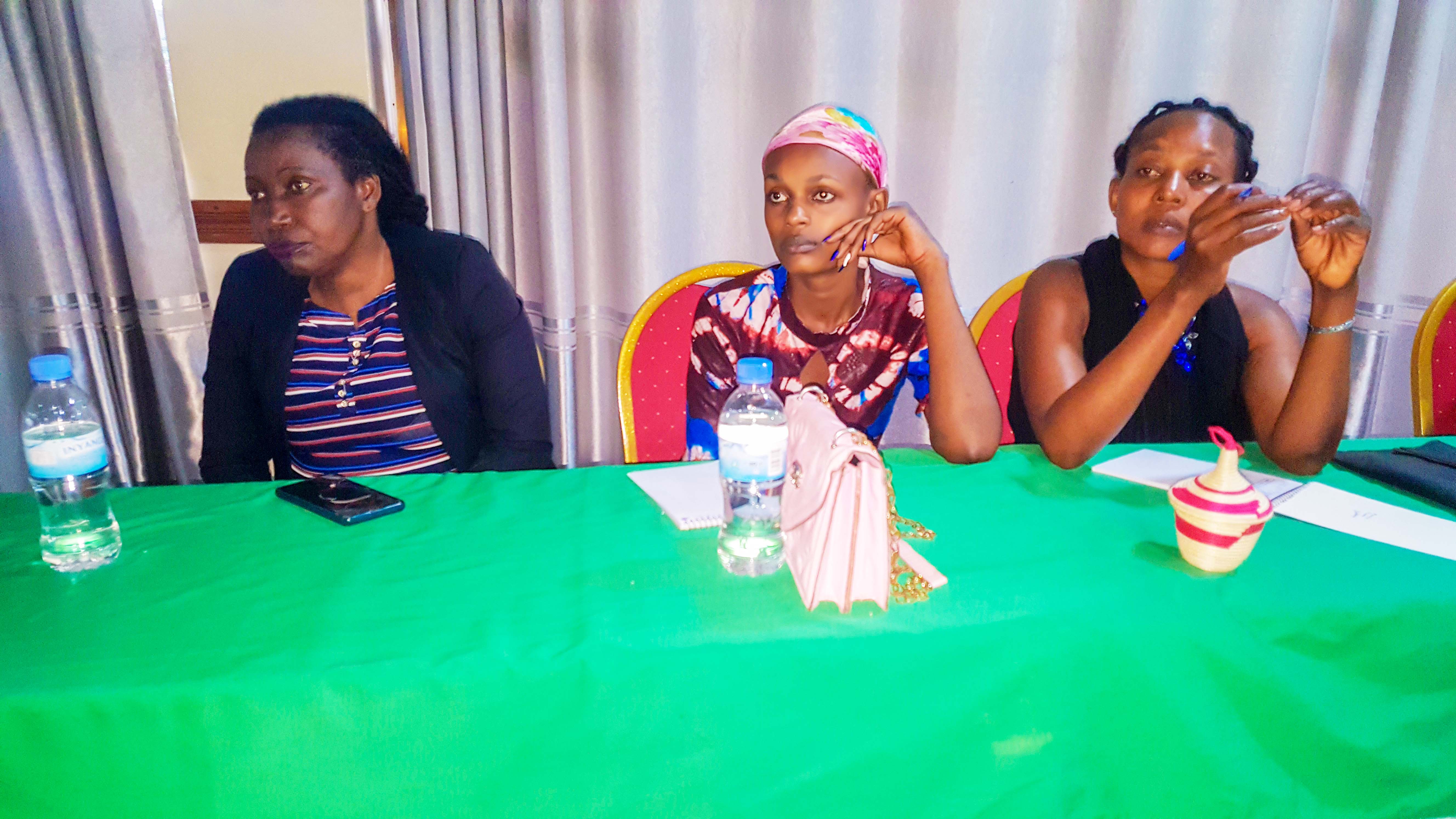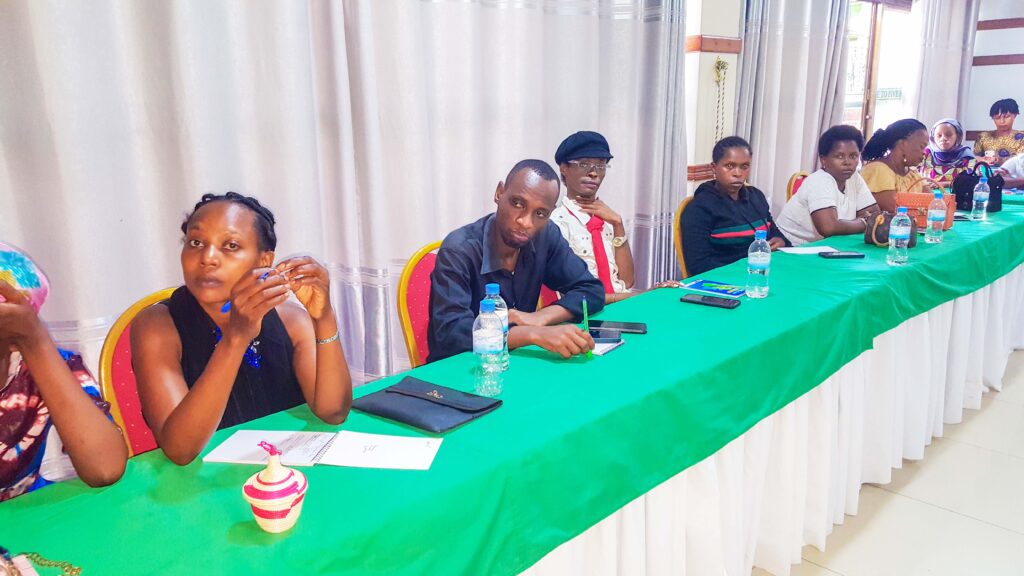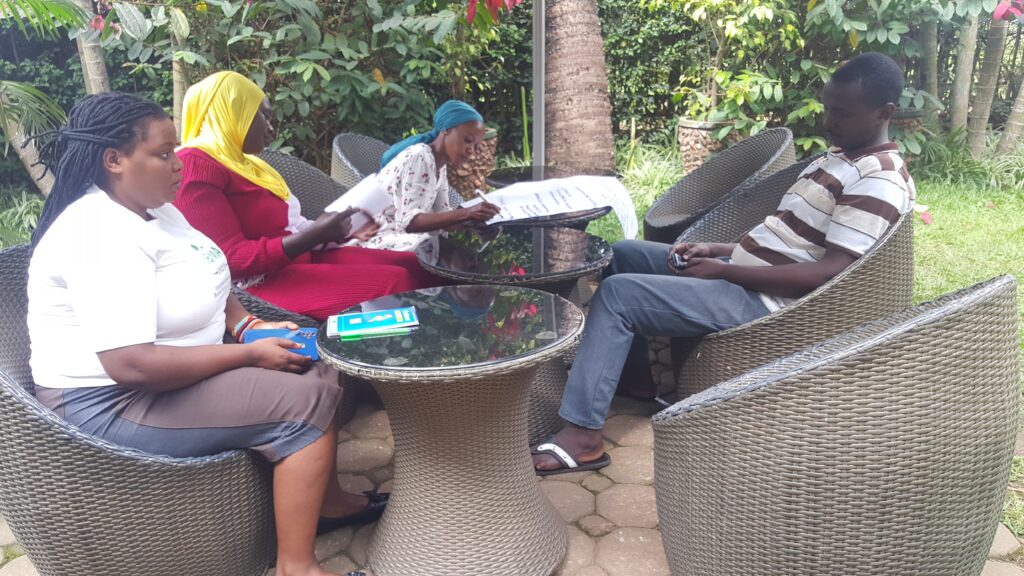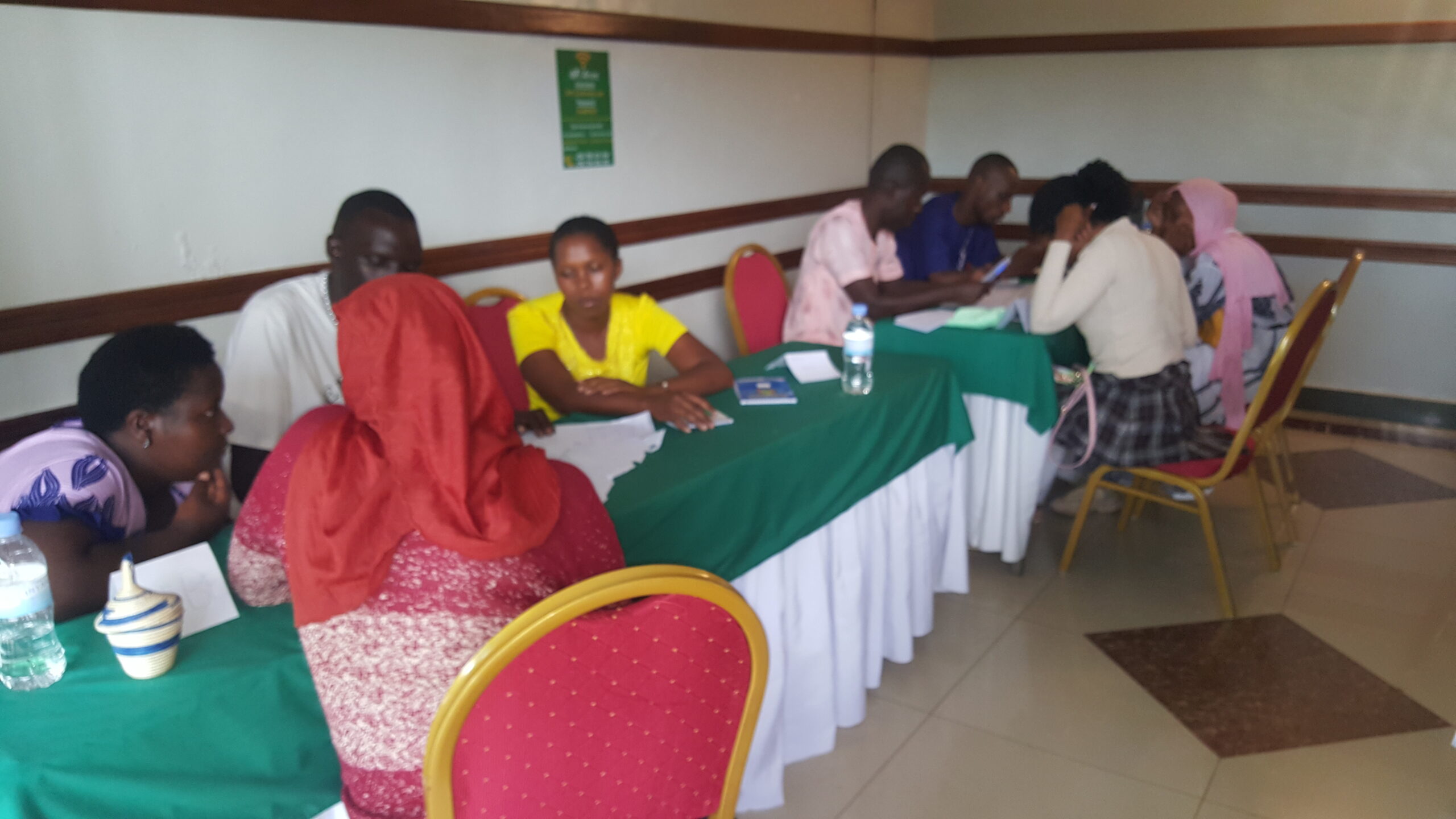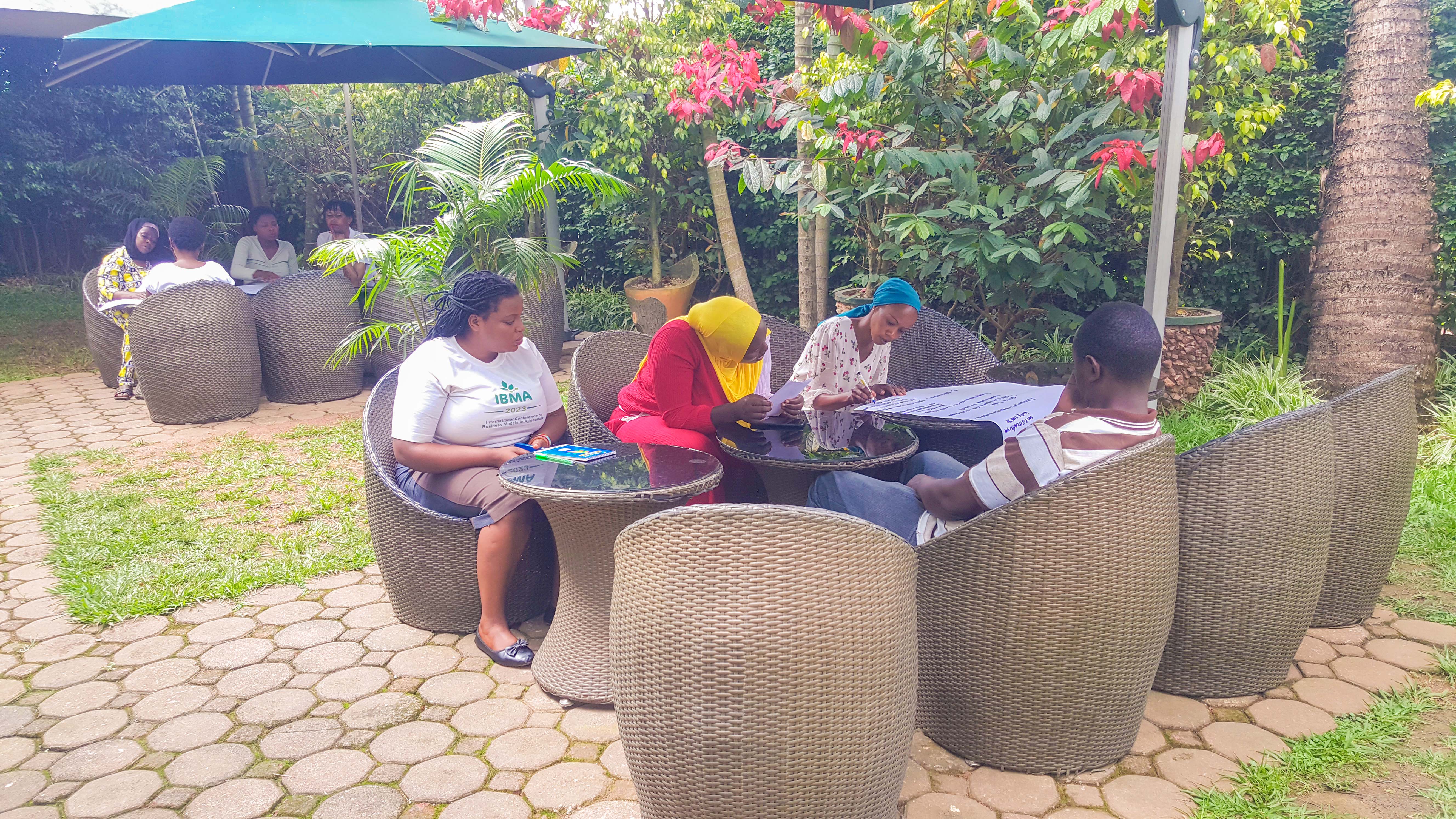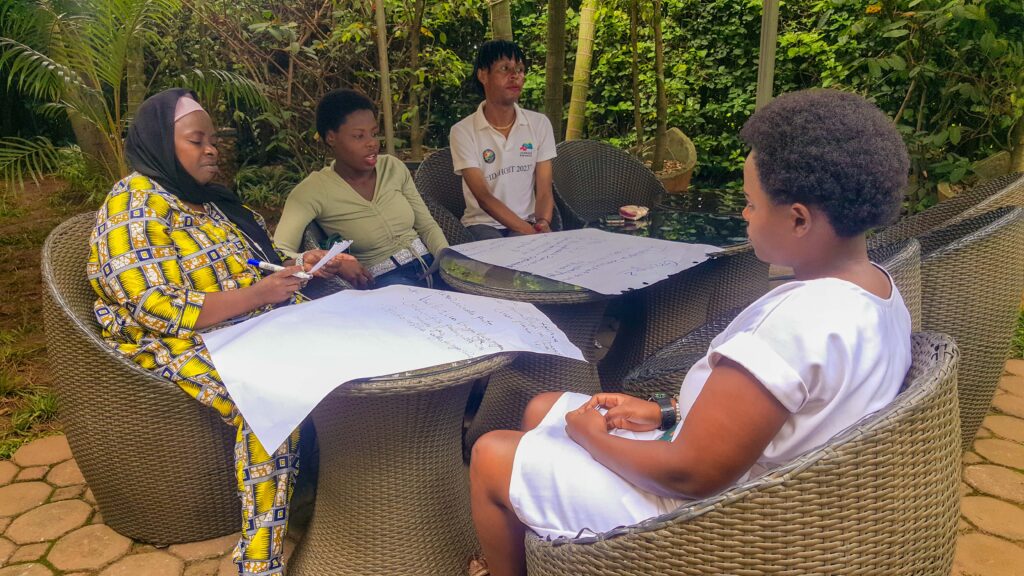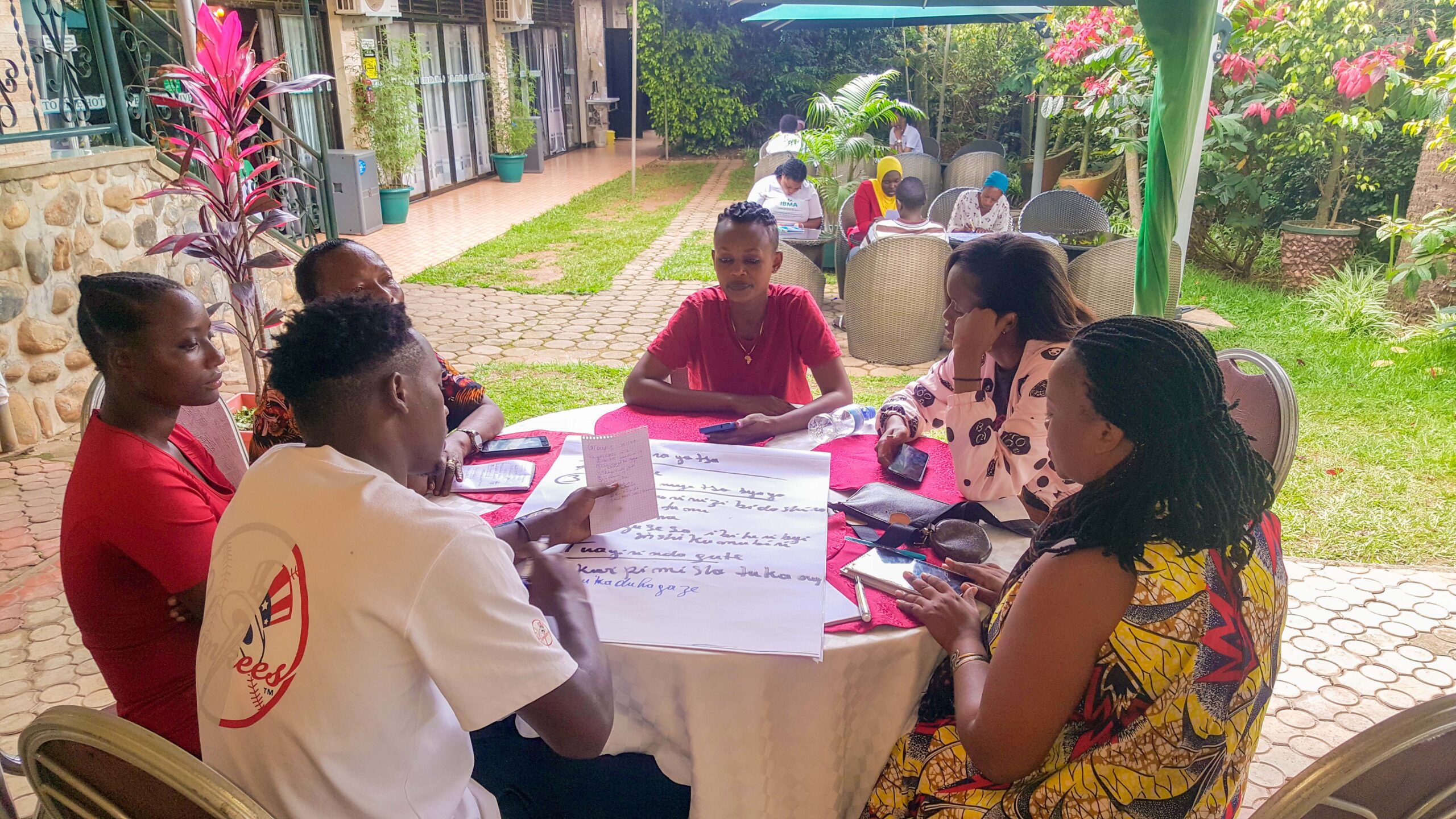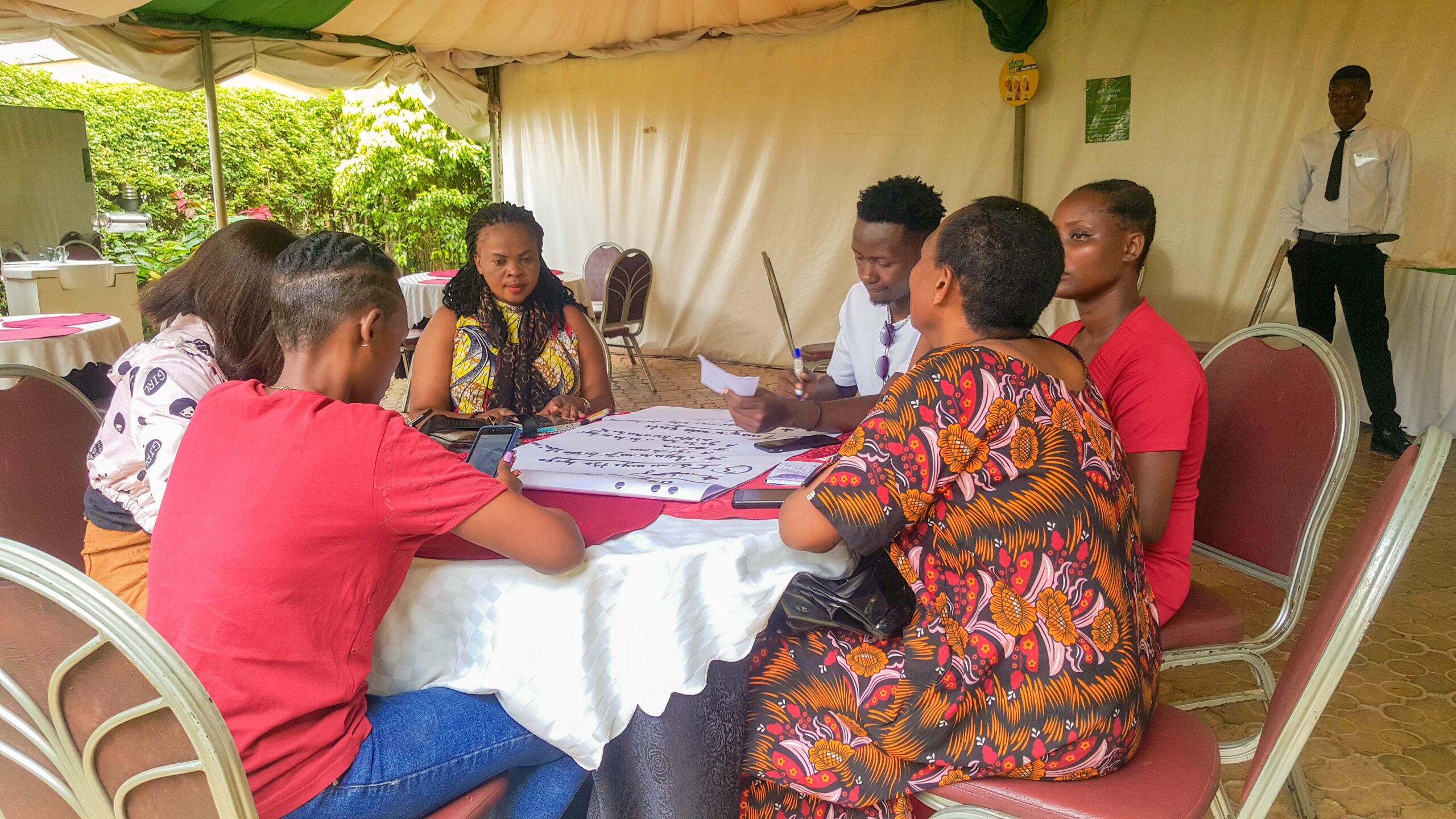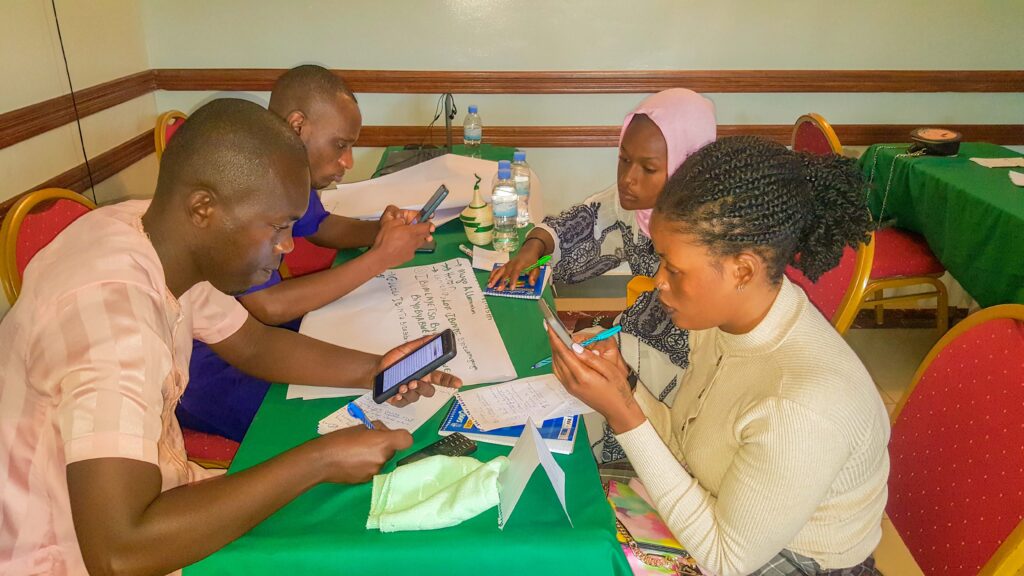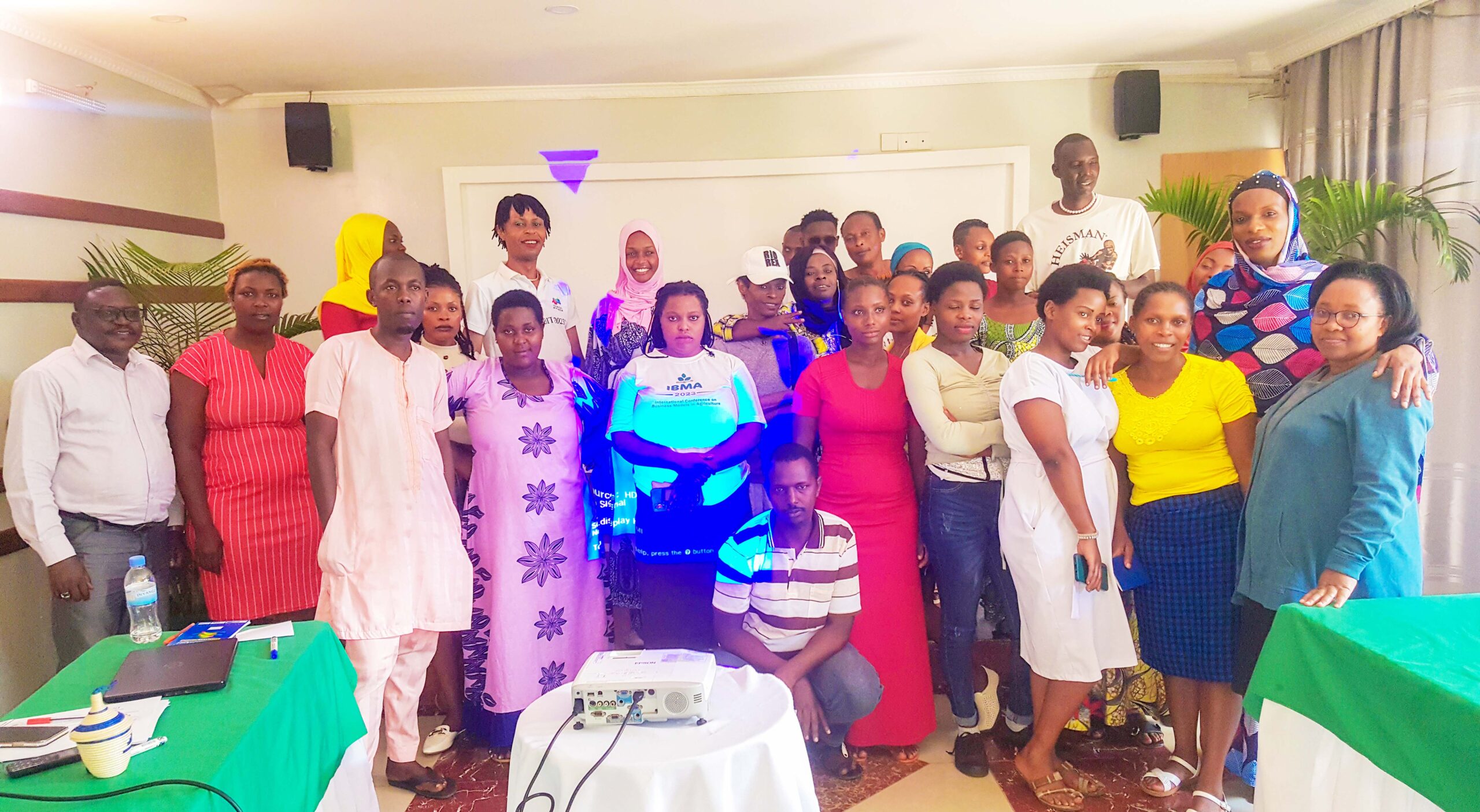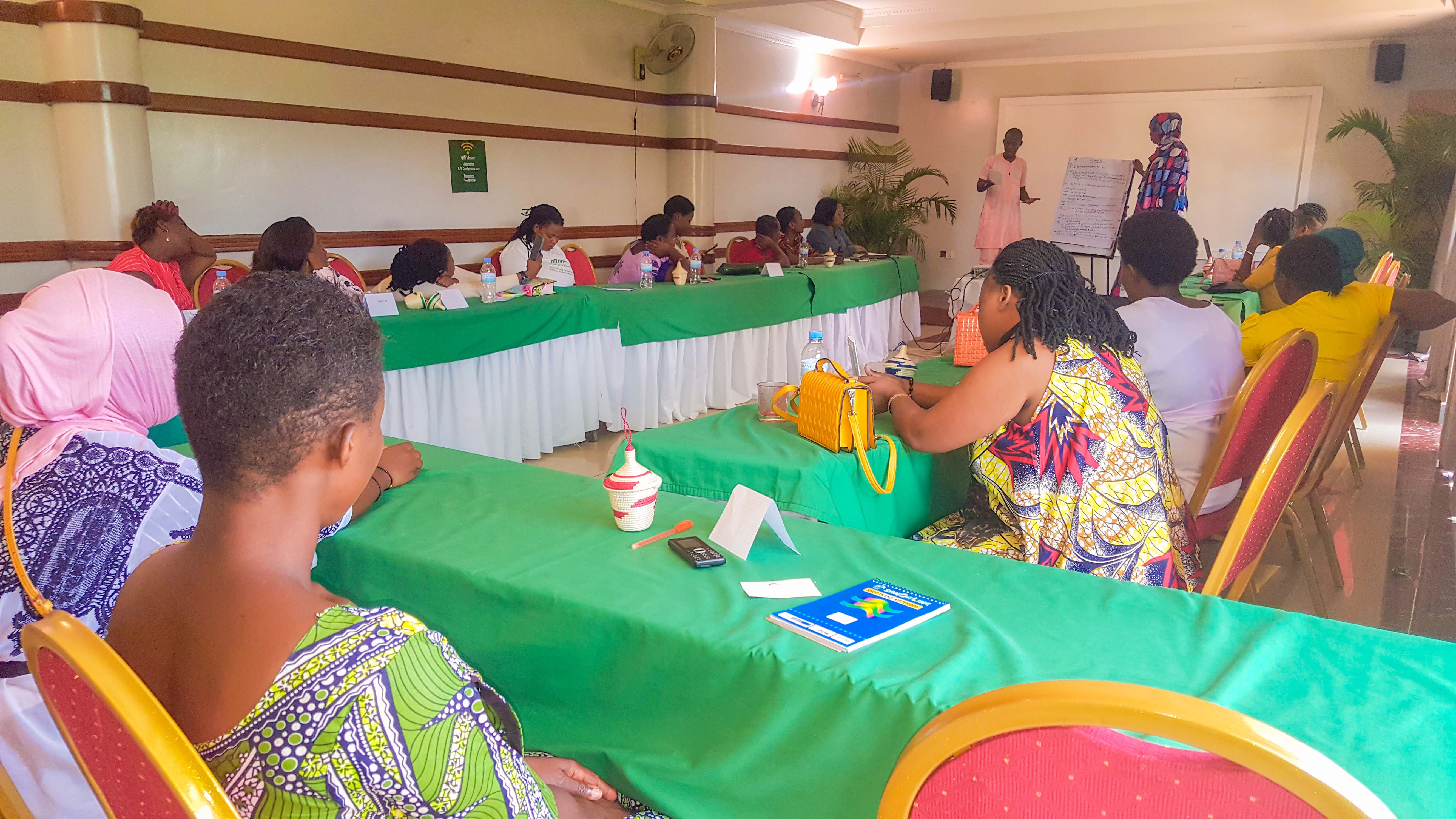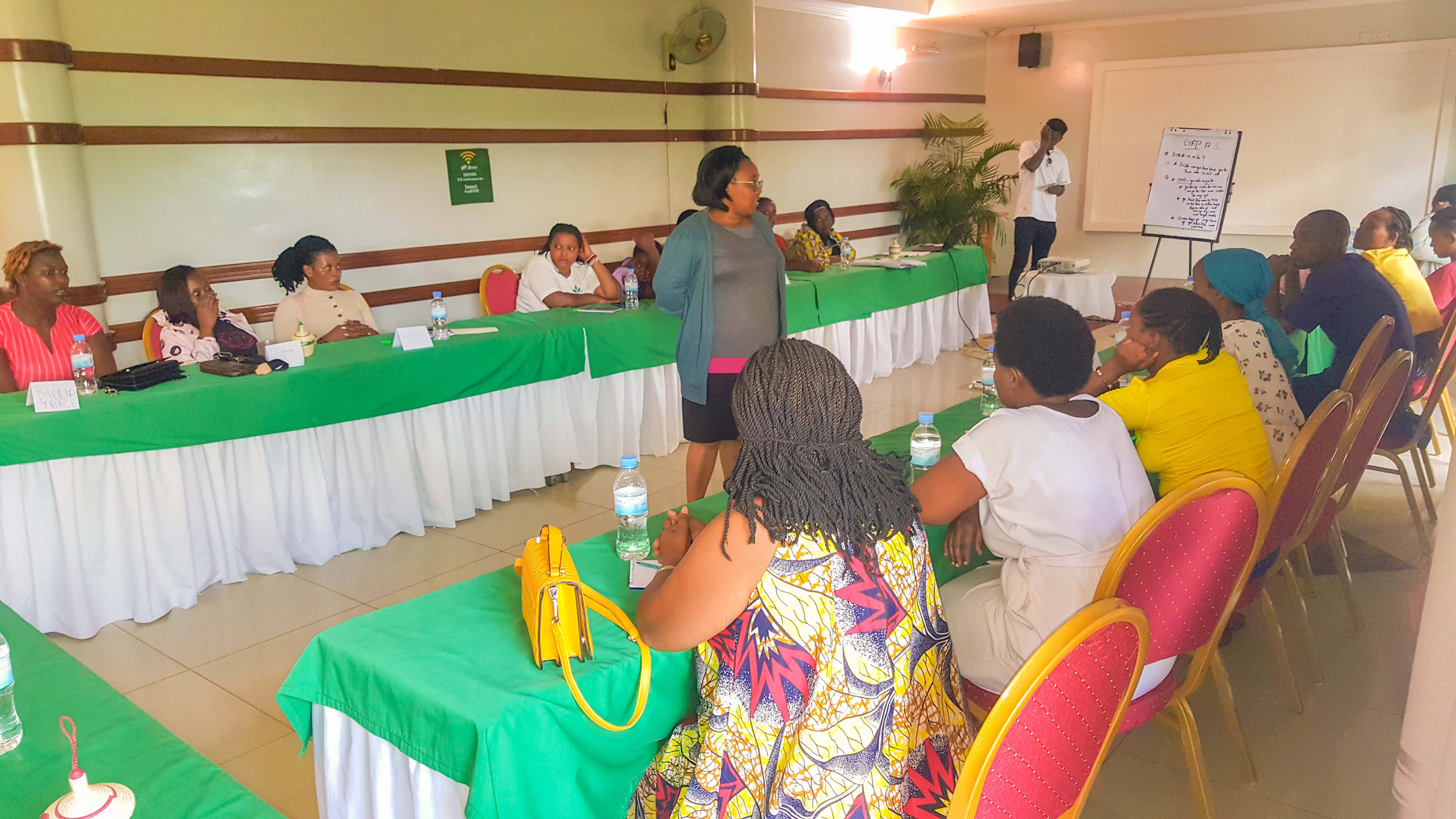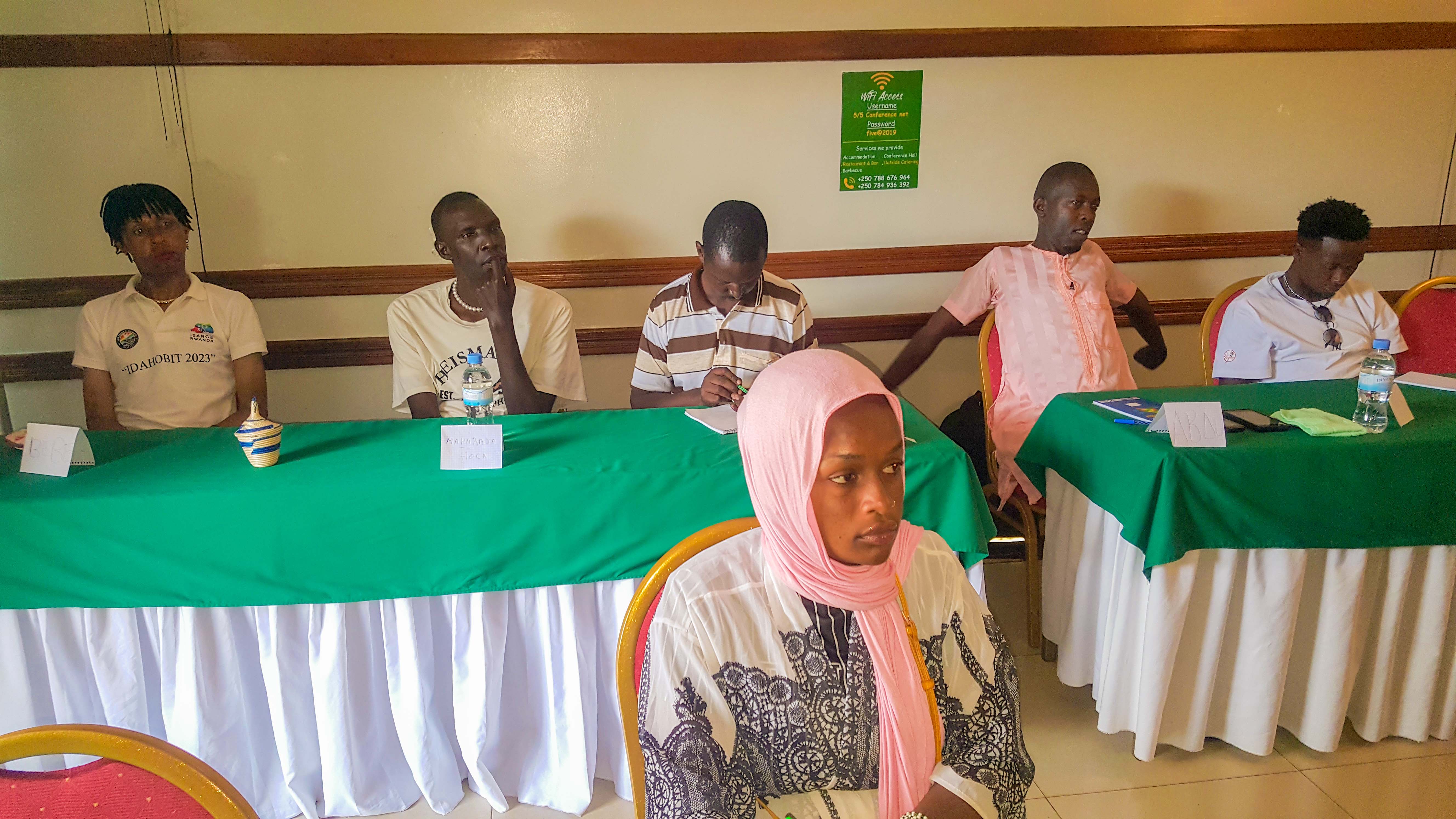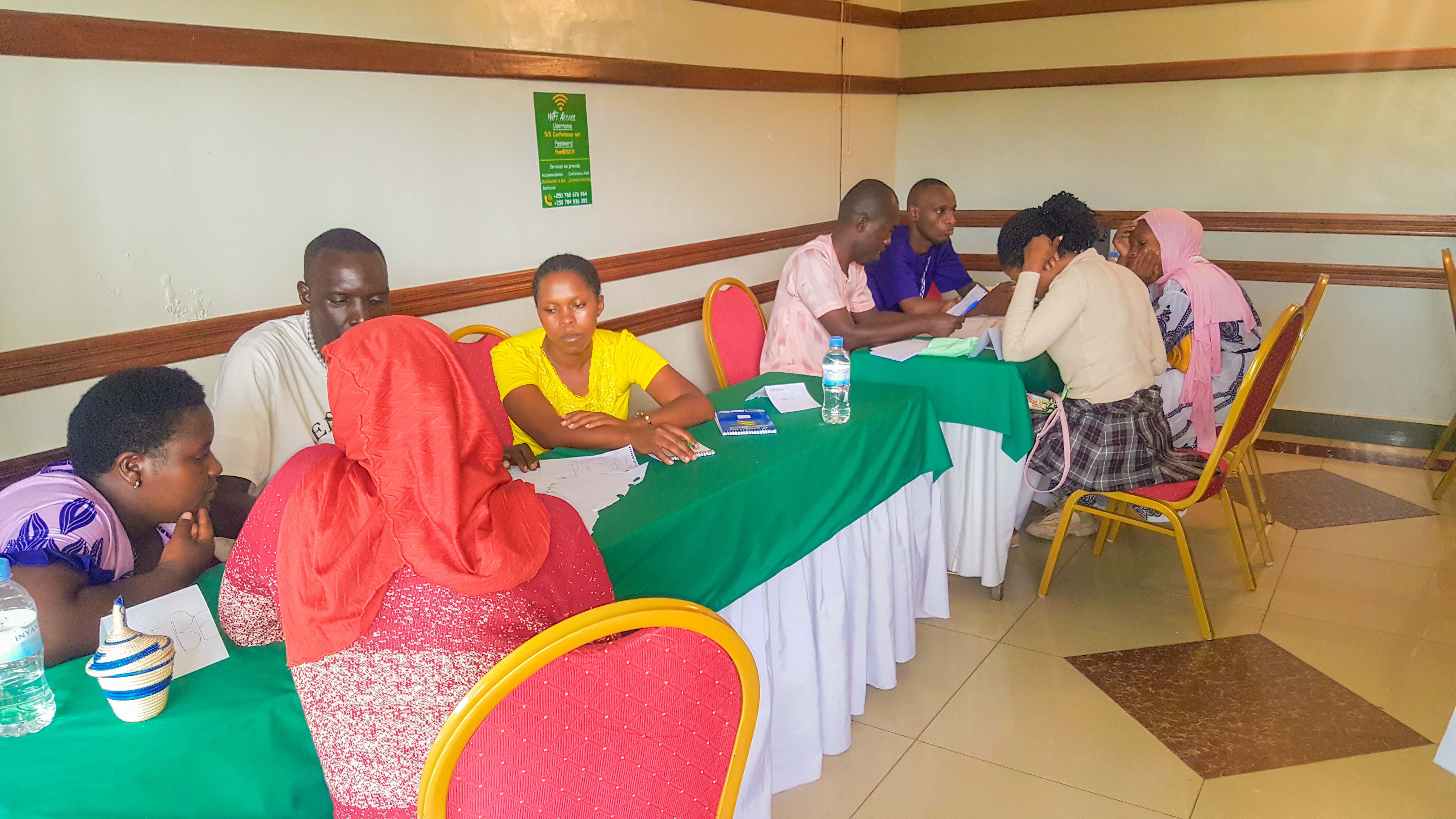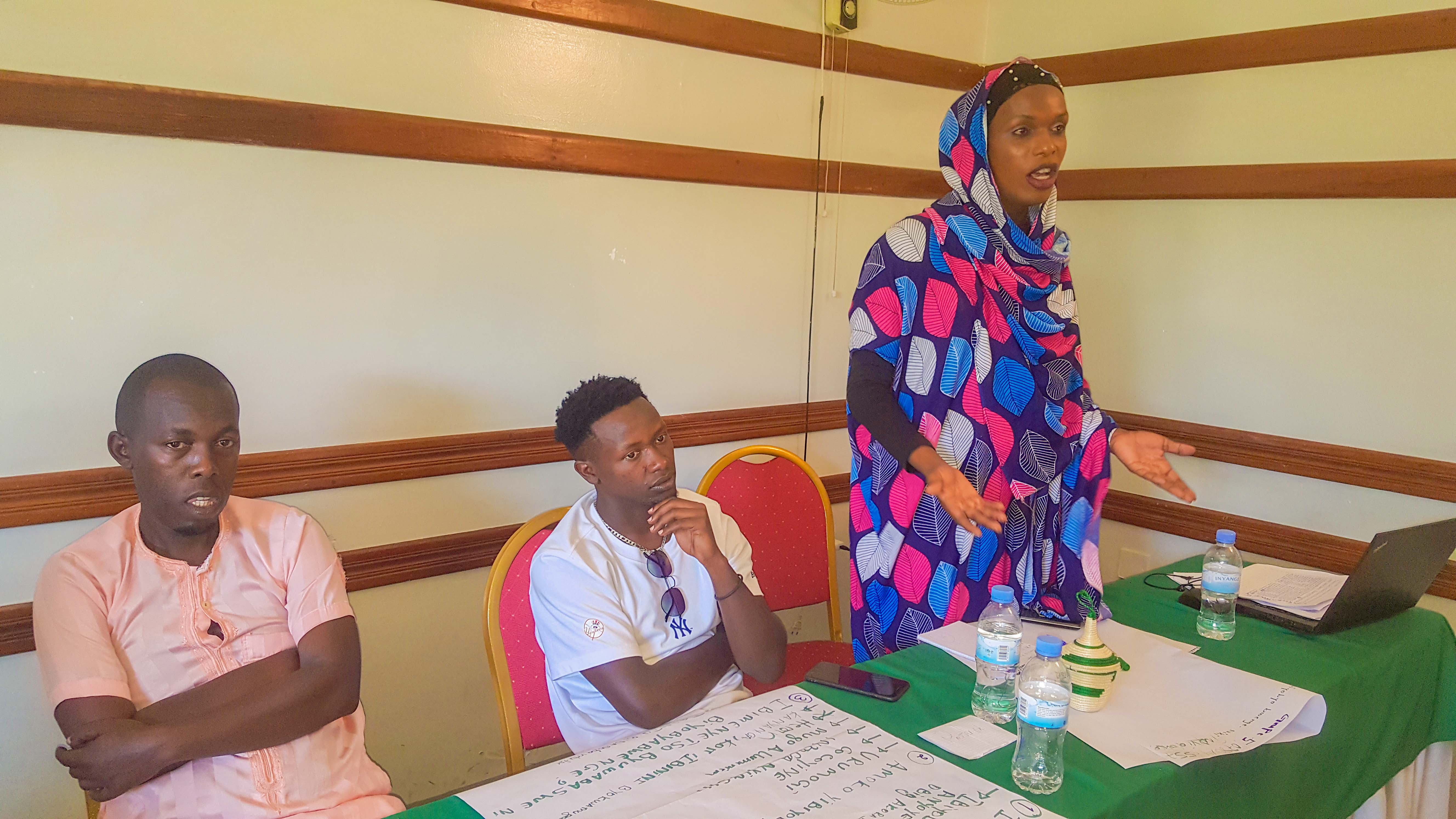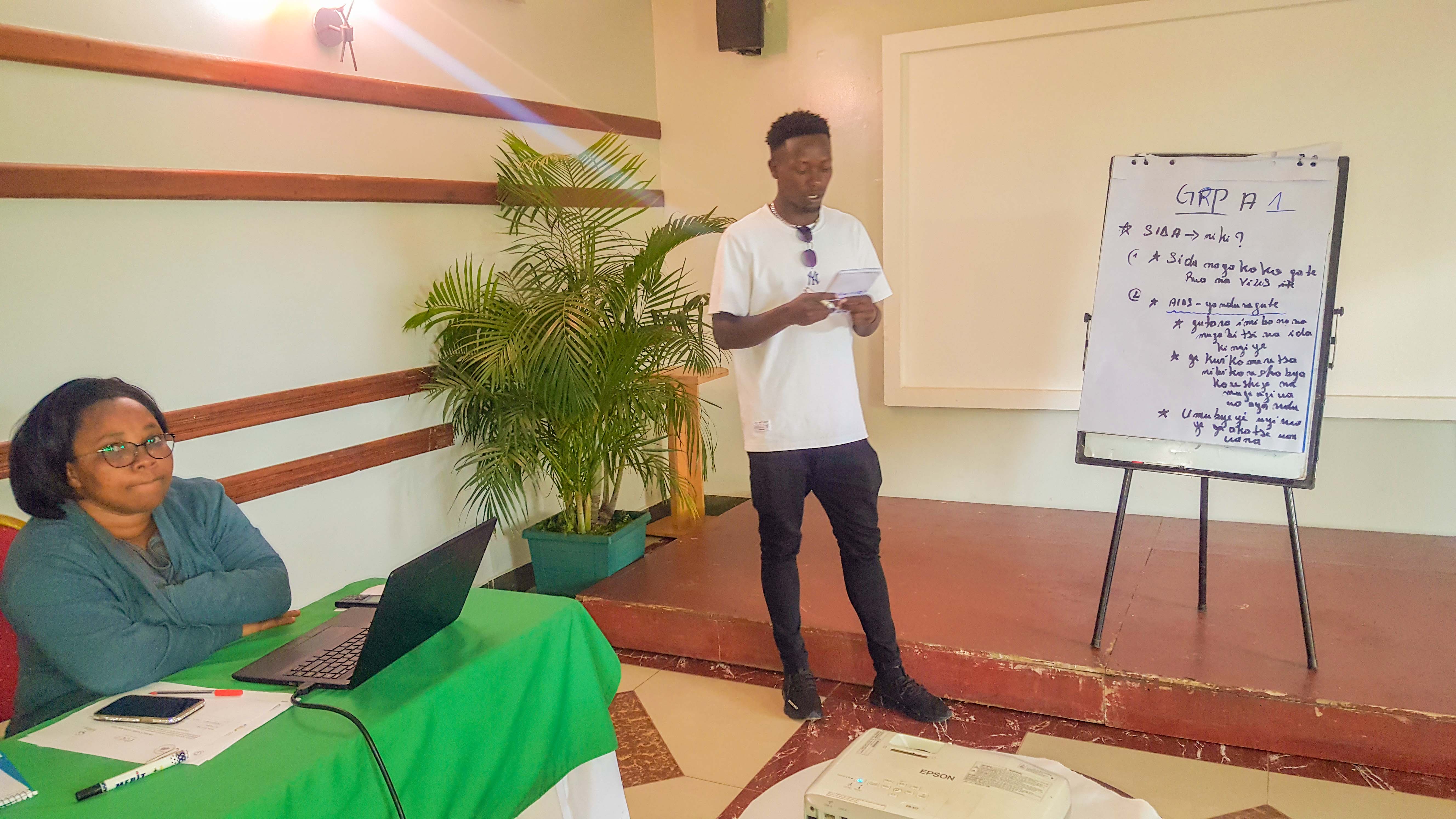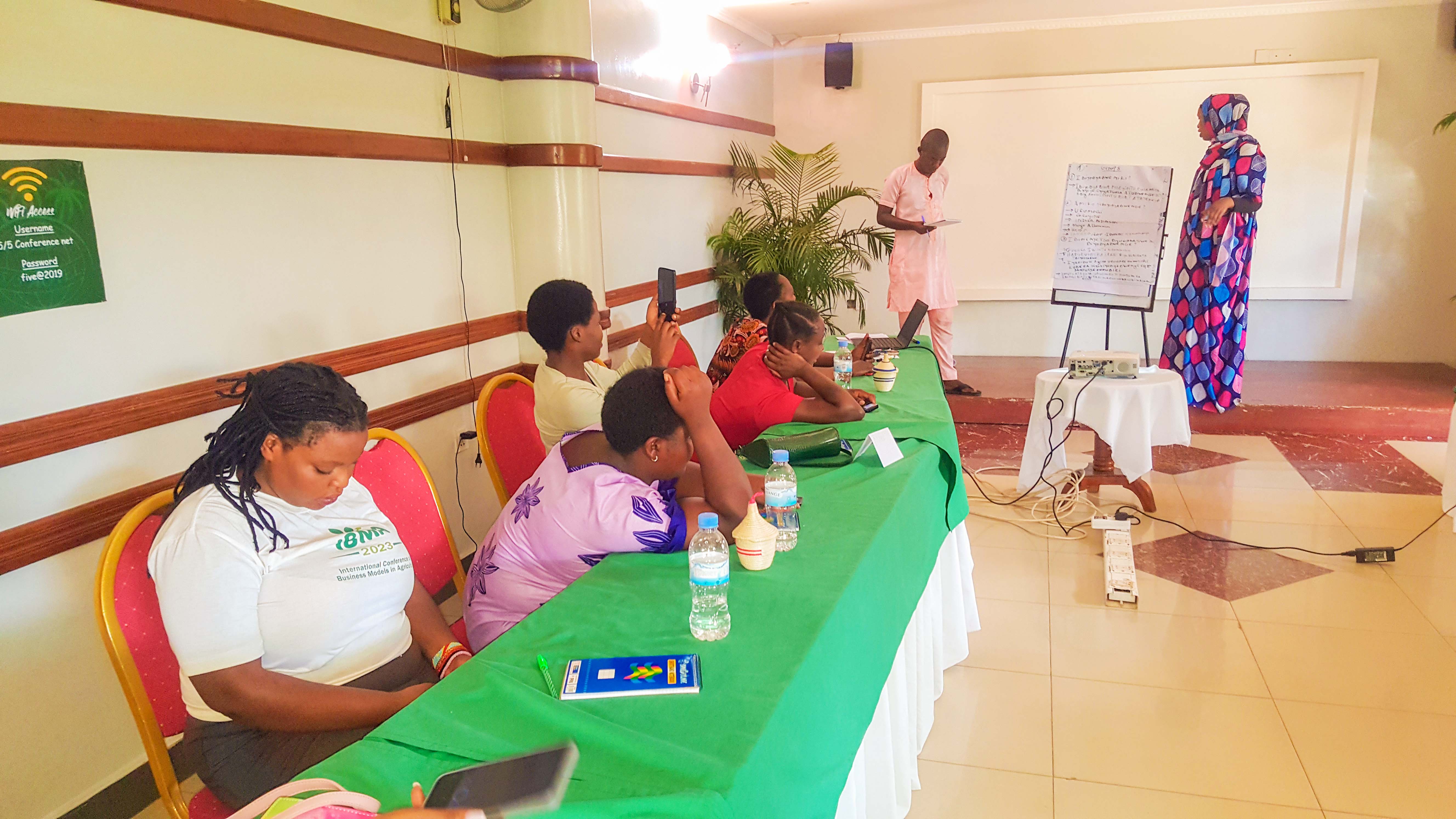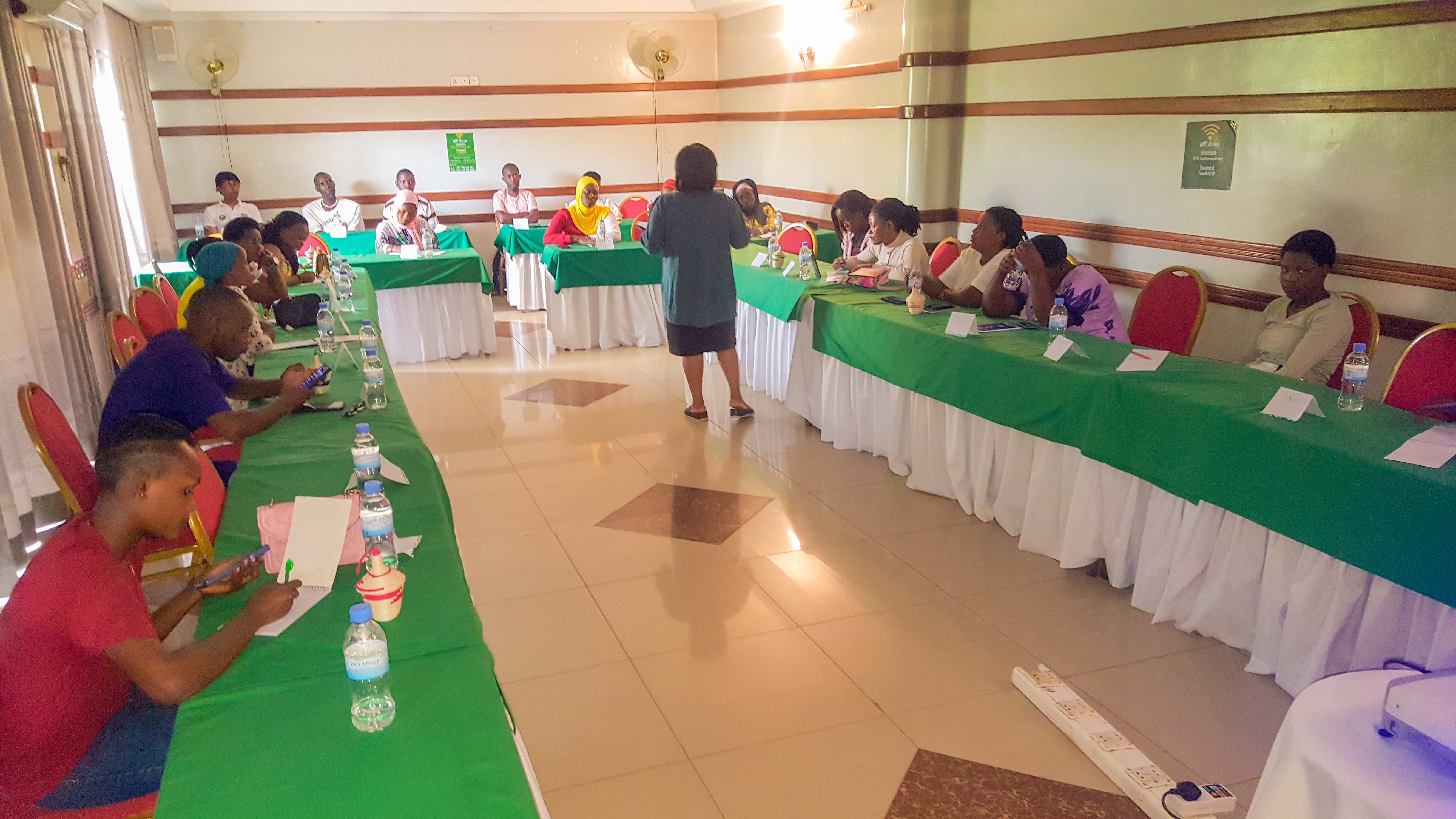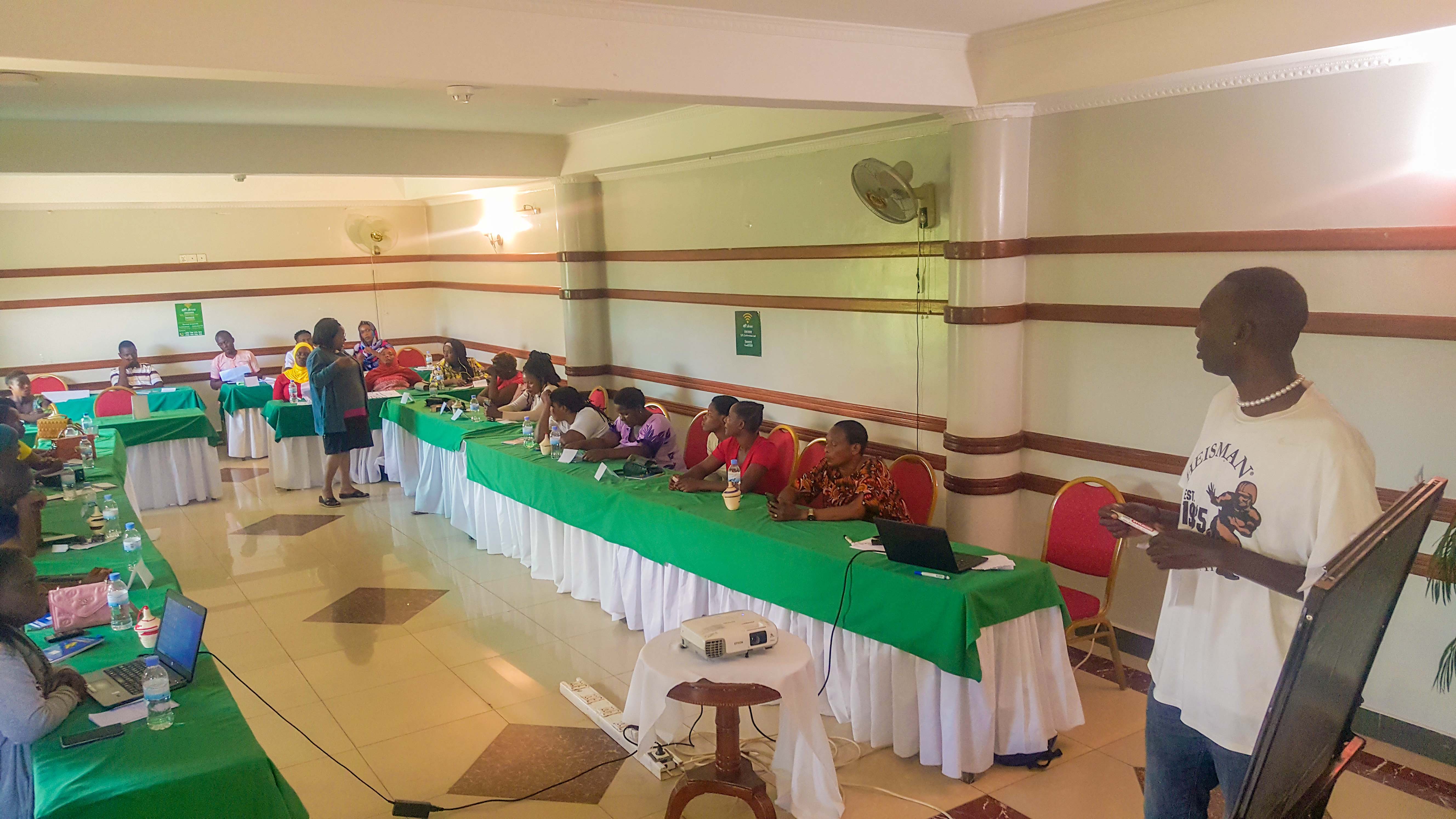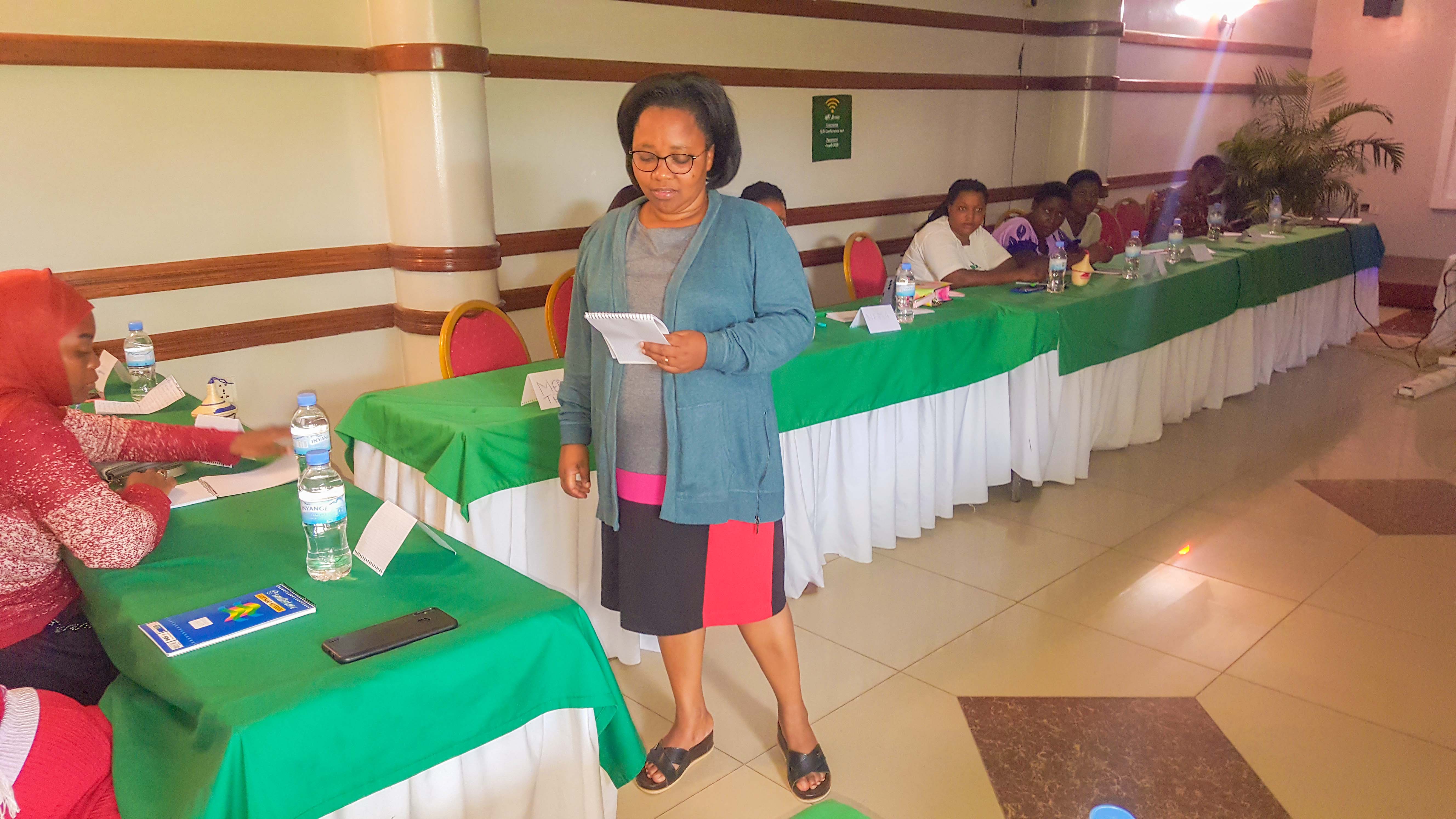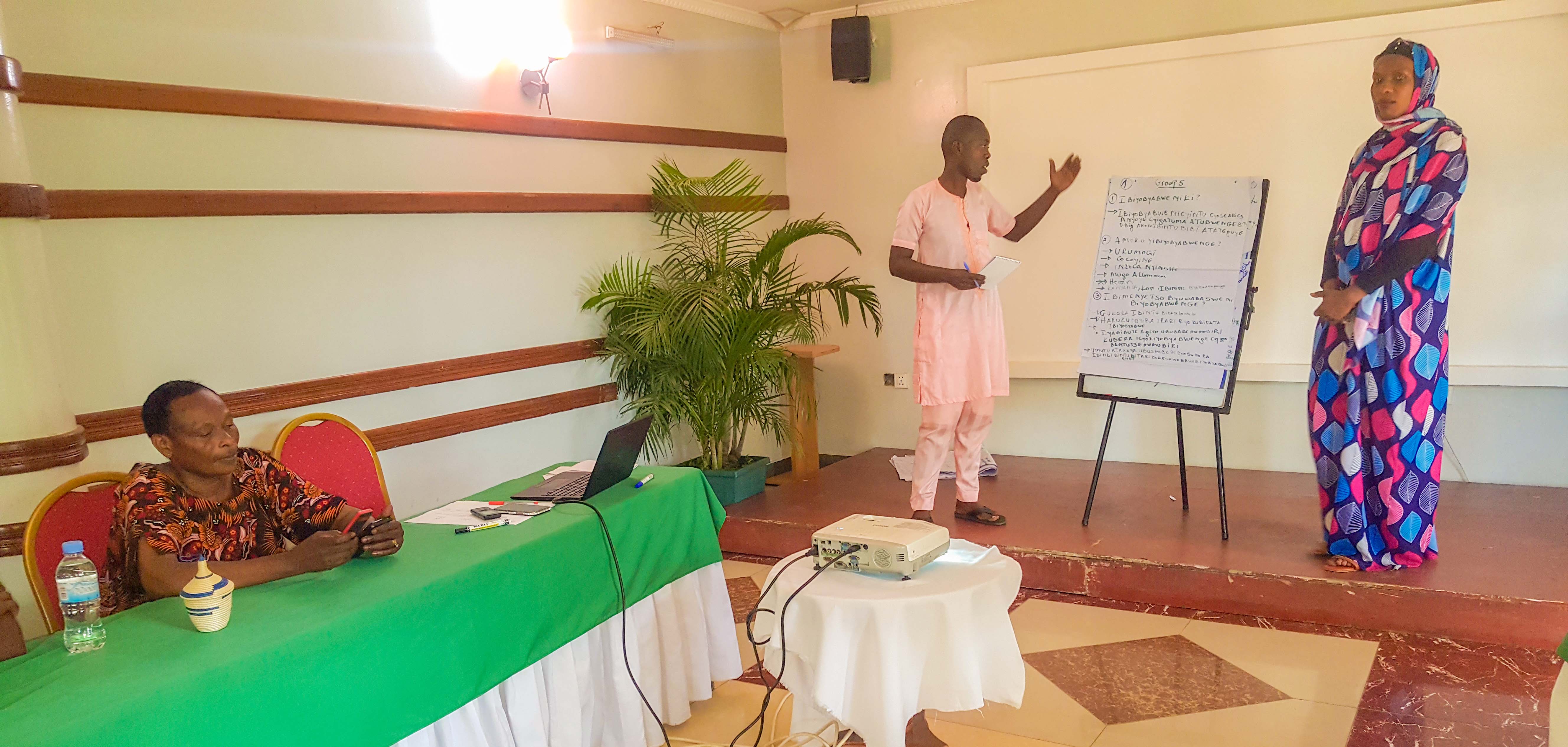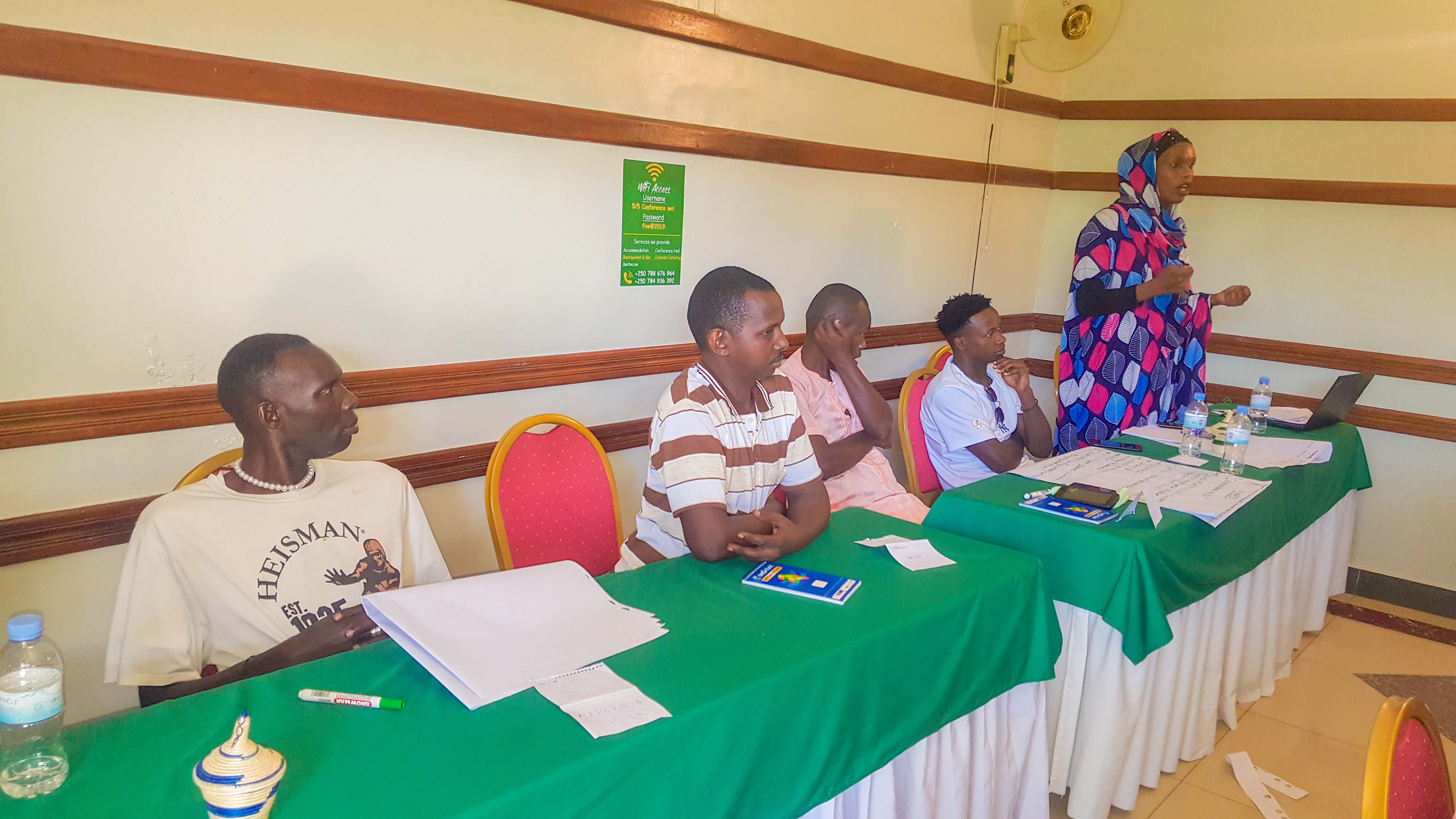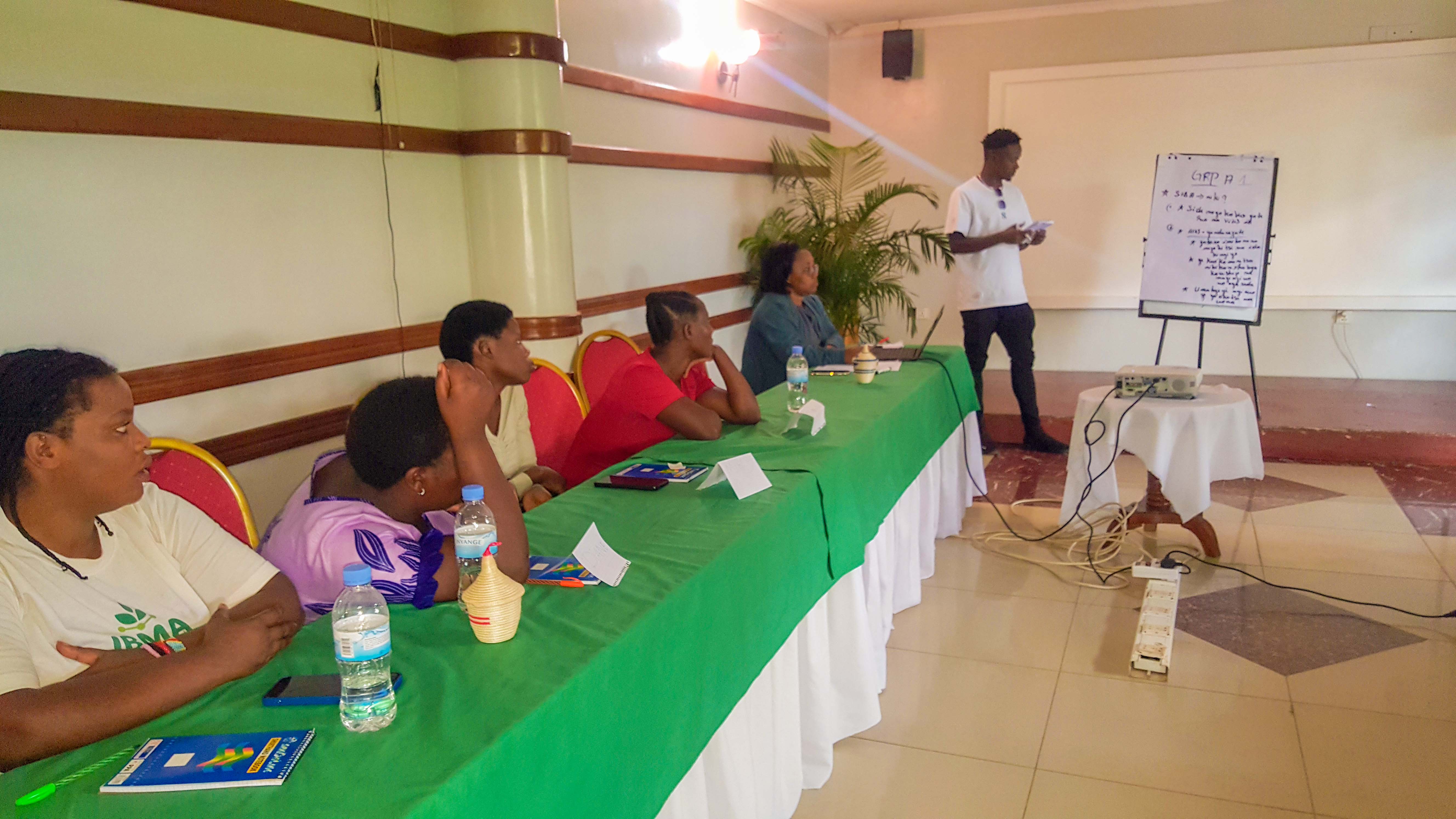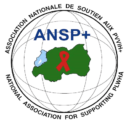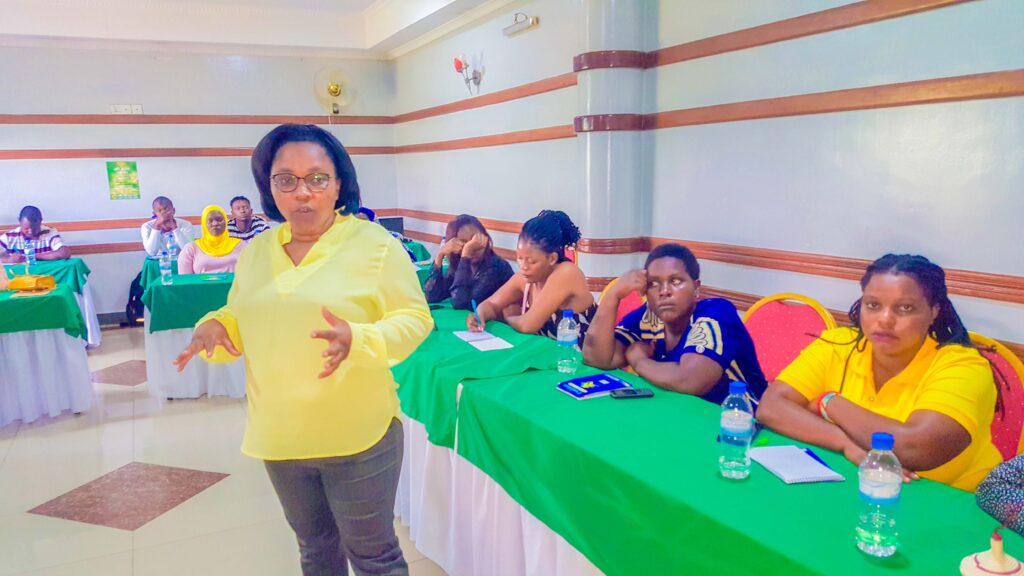Kigali, Rwanda – March 11, 2024
Today, the National Association for Supporting People Living with Hiv/Aids (Ansp+)in collaboration with the Rwanda Biomedical Center (RBC) and the Global Fund, commenced a comprehensive training program aimed at enhancing community mobilization efforts post-COVID-19 and towards combating other high-burden diseases.
The initiative, which includes workshops, training sessions, and coordination meetings, seeks to empower members of ANSP+ and its umbrella organizations to play a more active role in health promotion and disease prevention.
Mukasekuru Deborah, speaking at the opening session, expressed gratitude to all participants for their attendance and commitment. She underscored ANSP+’s mission to support key population, including sex workers, AIDS patients, and youth. Deborah emphasized the importance of disease awareness, highlighting the critical need to address malaria, COVID-19, HIV/AIDS, Ebola, tuberculosis (TB), and sexually transmitted infections (STIs) within communities.
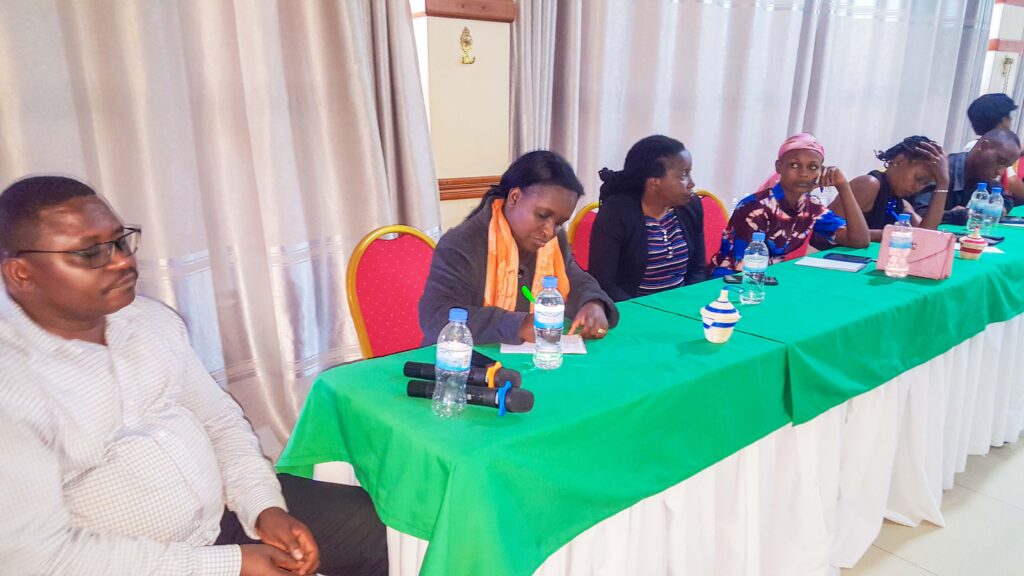
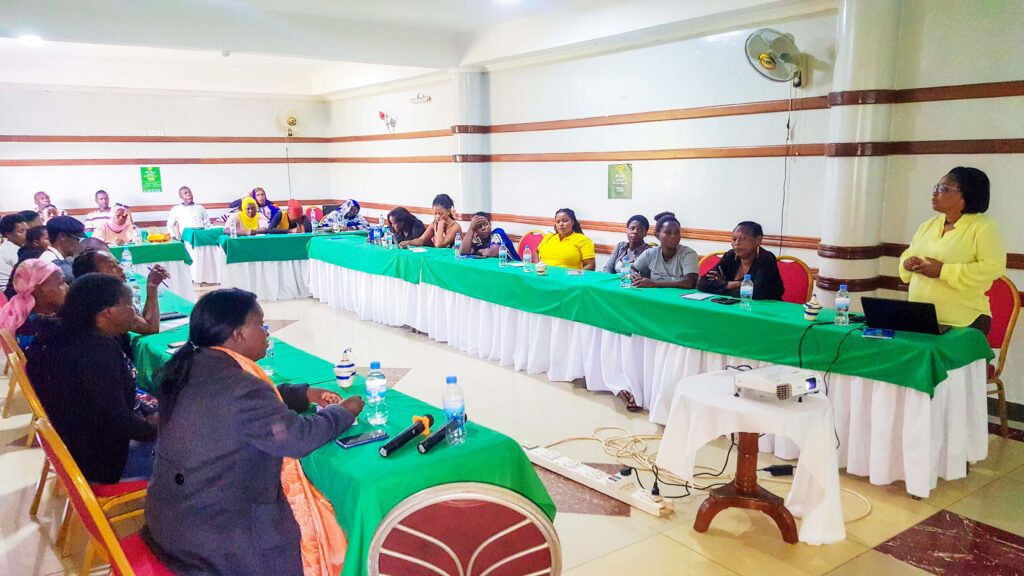
Mukeshimana Valentine, Head of Rwamparra Hospital and a lead trainer at the event, engaged participants in discussions focusing on the aforementioned diseases and their impact on communities. She stressed the significance of community engagement in preventing the spread of these diseases and highlighted key strategies for effective mobilization.
Valentine encouraged participants to utilize their knowledge and skills to create positive change in their communities, particularly in the context of the ongoing COVID-19 pandemic.
Valentine, started trainings discussing on COVID-19. On the mode of transmission, she explained that the evidence so far indicates that the virus is spread from person to person through small respiratory droplets.
When a person coughs or sneezes, these droplets can also land on nearby surfaces. There is also evidence that the COVID-19 virus can last on surfaces, especially plastic and metal.
